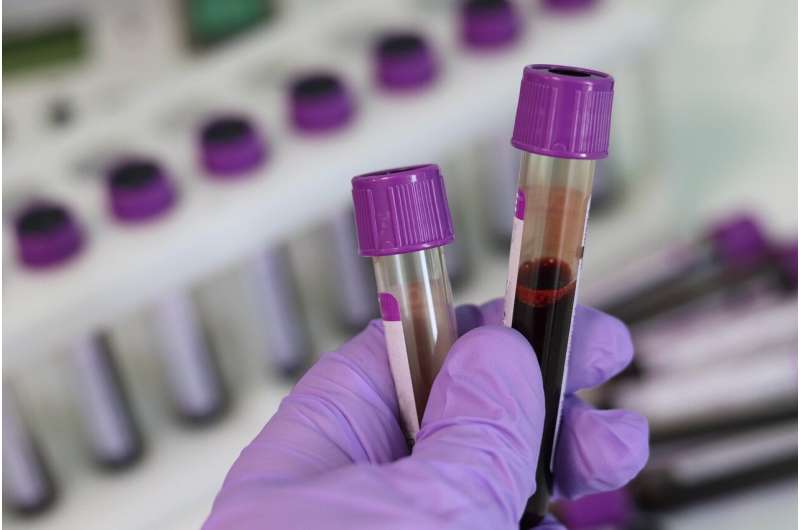Conflict in Congo Disrupts Medical Supply, Endangering Hundreds of Health Facilities

Conflict in eastern Congo has led to a critical shortage of essential medicines in over 200 health facilities, endangering thousands of lives amid ongoing violence and funding shortages.
Ongoing violence and a significant lack of humanitarian aid have led to a critical shortage of essential medicines across more than 200 health centers in eastern Congo. The International Committee of the Red Cross (ICRC) recently reported that it surveyed 240 medical facilities in North and South Kivu provinces, areas severely impacted by clashes involving M23 rebels and various armed groups. These conflicts have severely hindered the transportation of vital supplies to clinics on both sides of the conflict line.
François Moreillon, the head of the ICRC delegation in Congo, expressed grave concern, stating that "the lives of thousands are at risk" due to shortages of medicines for diseases such as malaria, HIV, and tuberculosis—conditions that require urgent medical attention. The situation has worsened as many humanitarian organizations have scaled back their presence or ceased operations entirely because of funding shortages.
Currently, over 80% of health facilities in the Kivu provinces operate without external support and rely solely on the commitment of local staff working under dangerous conditions. Nearly half of these centers face staff shortages as medical workers flee the ongoing violence. The decades-long conflict in eastern Congo, driven by over 100 armed groups fighting over land and mineral riches, has escalated this year. Notably, Rwanda-backed M23 rebels captured strategic cities like Goma and Bukavu earlier in 2025, resulting in approximately 3,000 deaths and displacement of around 7 million people.
While international peace efforts have slowed some fighting, sporadic clashes persist, complicating aid delivery and leaving many civilians without access to necessary healthcare. The Red Cross emphasizes the urgent need for increased support and peace initiatives to prevent further deterioration of medical services in this volatile region. Source: https://medicalxpress.com/news/2025-10-congo-war-medicine-hundreds-health.html
Stay Updated with Mia's Feed
Get the latest health & wellness insights delivered straight to your inbox.
Related Articles
Enhancing Physician Awareness and Screening for Fragile X-Related Conditions
Experts from UC Davis emphasize the urgent need to improve awareness and screening of fragile X-related genetic conditions, including fragile X syndrome and associated disorders, to enable early diagnosis and intervention.
Revolutionizing Medical Implants with Diamond-Enhanced Energy Harvesting
Innovative diamond–titanium devices developed at RMIT University could enable implants to harvest energy from bodily fluids and wireless signals, eliminating the need for batteries and enhancing durability and safety.
New Research Highlights the Importance of Hope in Heart Disease Outcomes
New research from the University of Liverpool reveals that feelings of hope significantly influence heart health, impacting outcomes and survival rates in cardiovascular disease patients. Psychological support may enhance recovery and reduce mortality.
Study Highlights Surfers' Vital Role in Enhancing Beach Safety in Victoria
Research reveals that Victorian surfers are key contributors to beach safety, providing thousands of rescues and first aid assistance annually, emphasizing the need for increased safety training.



